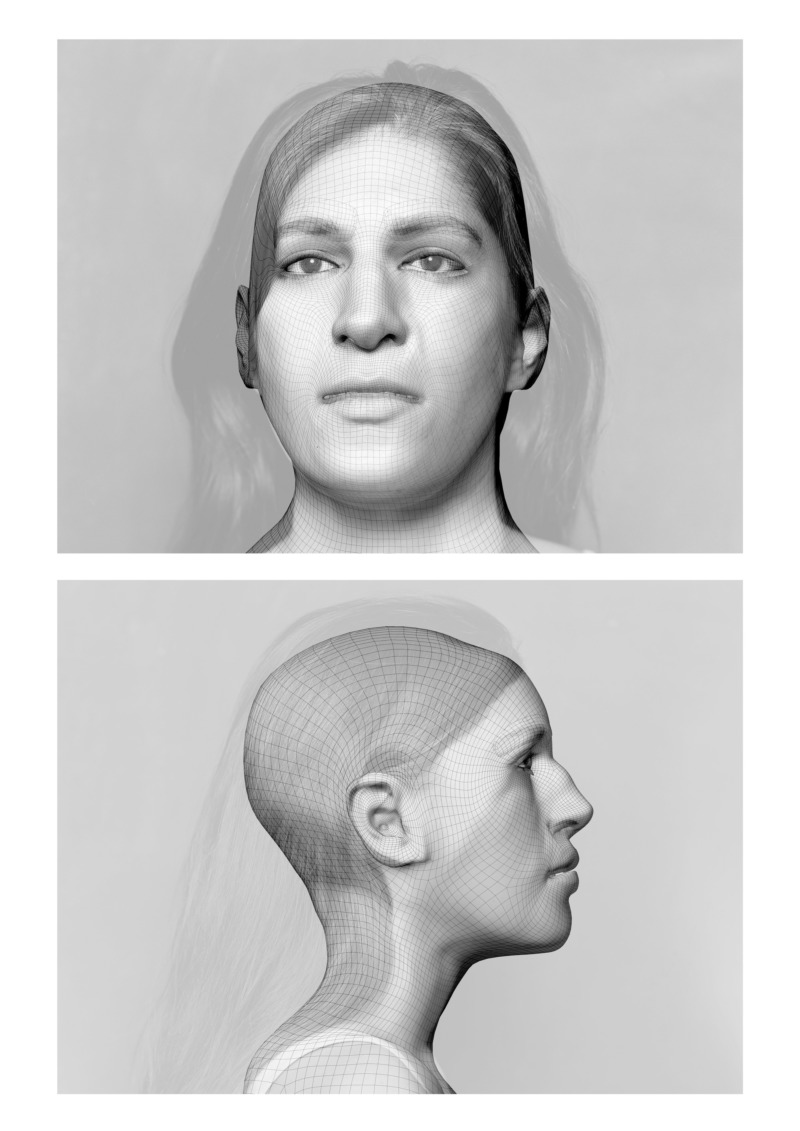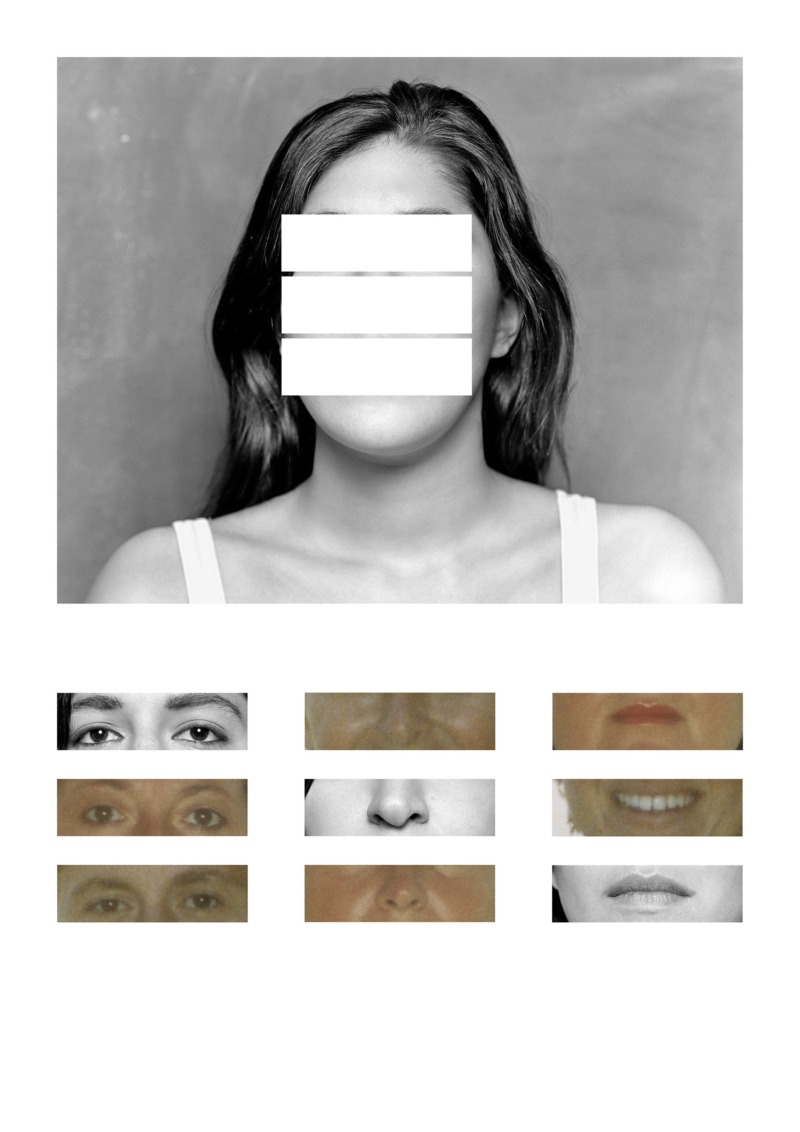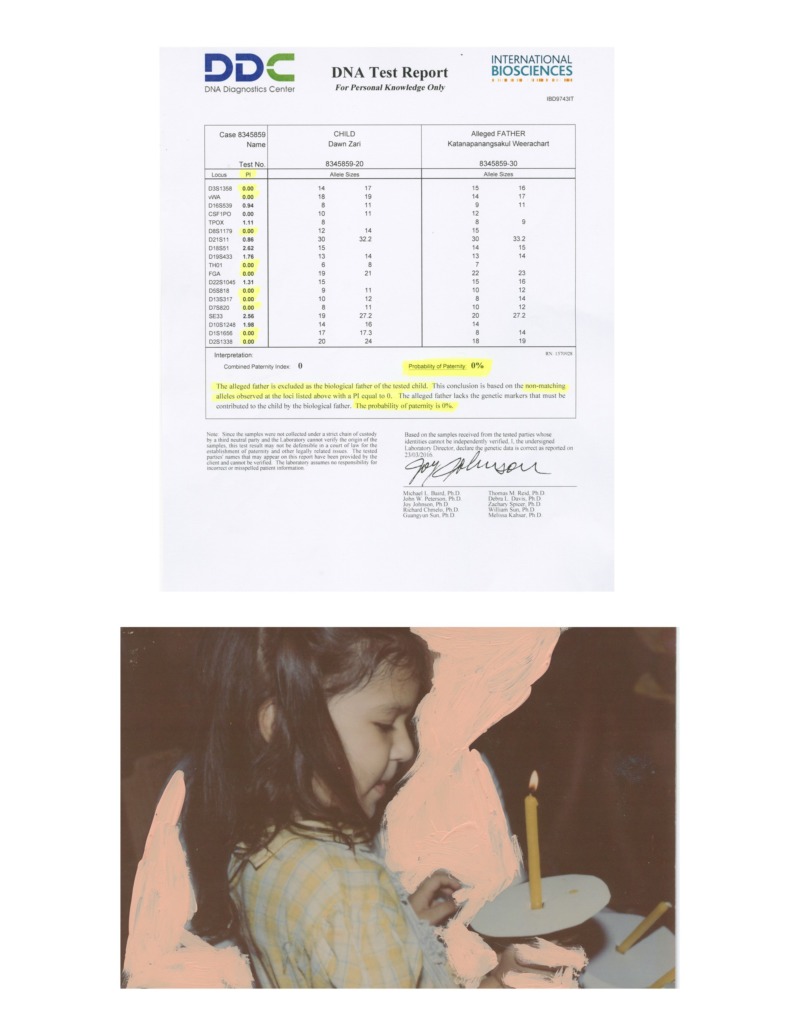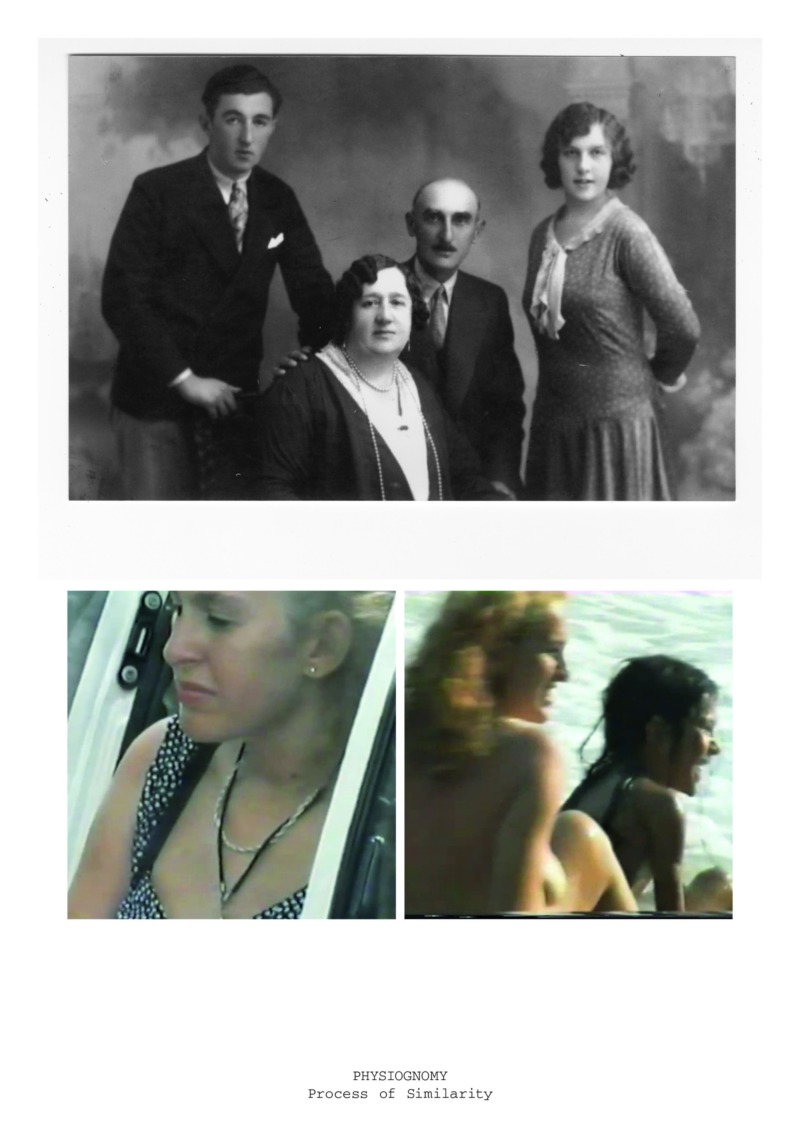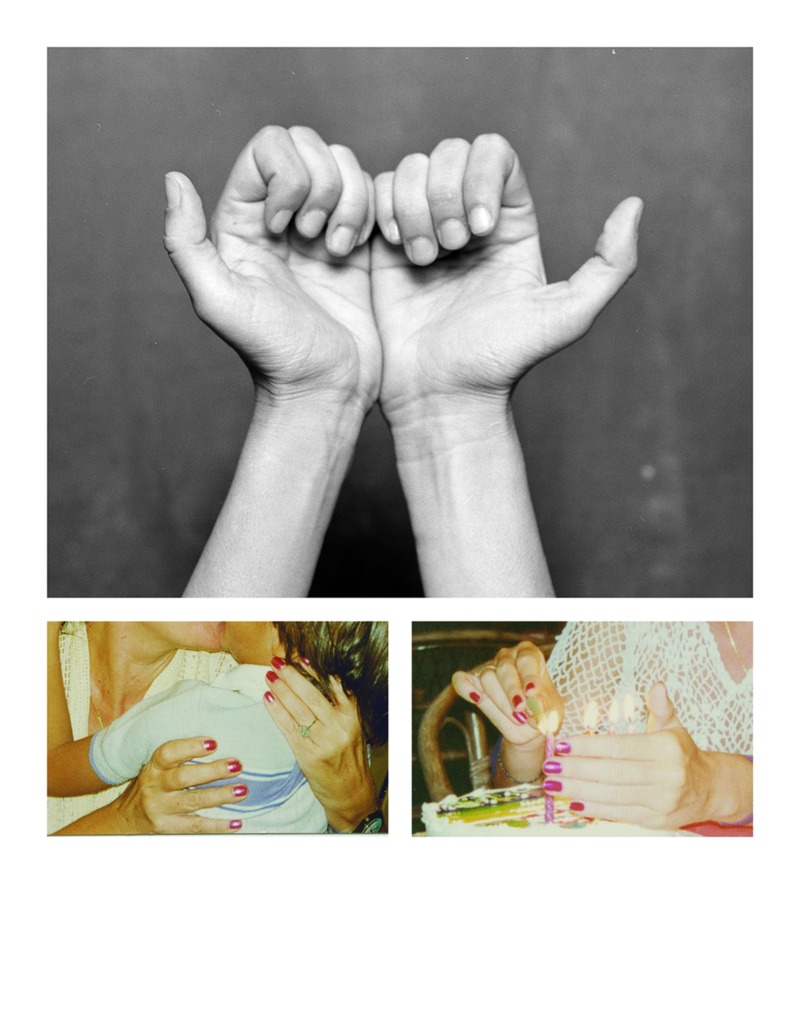15 Questions with… Alba Zari
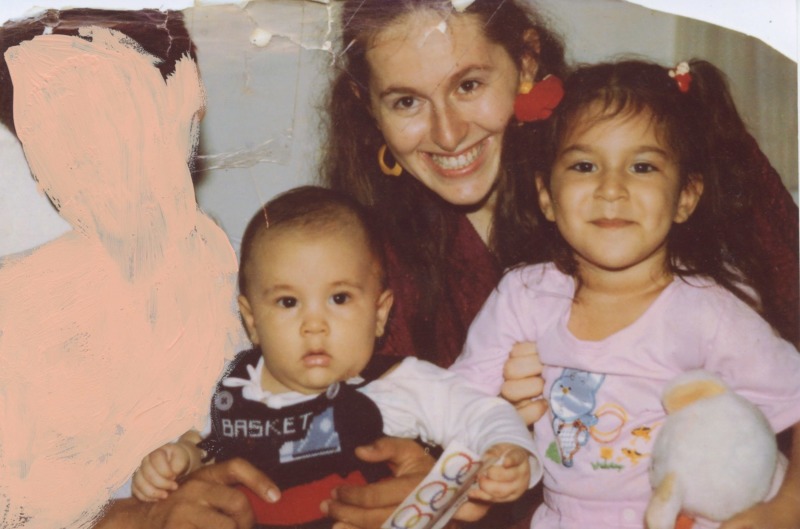
How are you at the moment?
I am very good, I just came back to my hometown in Trieste (Italy) after the difficult lockdown in the U.K. I am really happy to be back home.
What is your morning ritual? How does your day begin?
My day starts with a coffee and a morning run.
What, right now, can you see?
The sea.
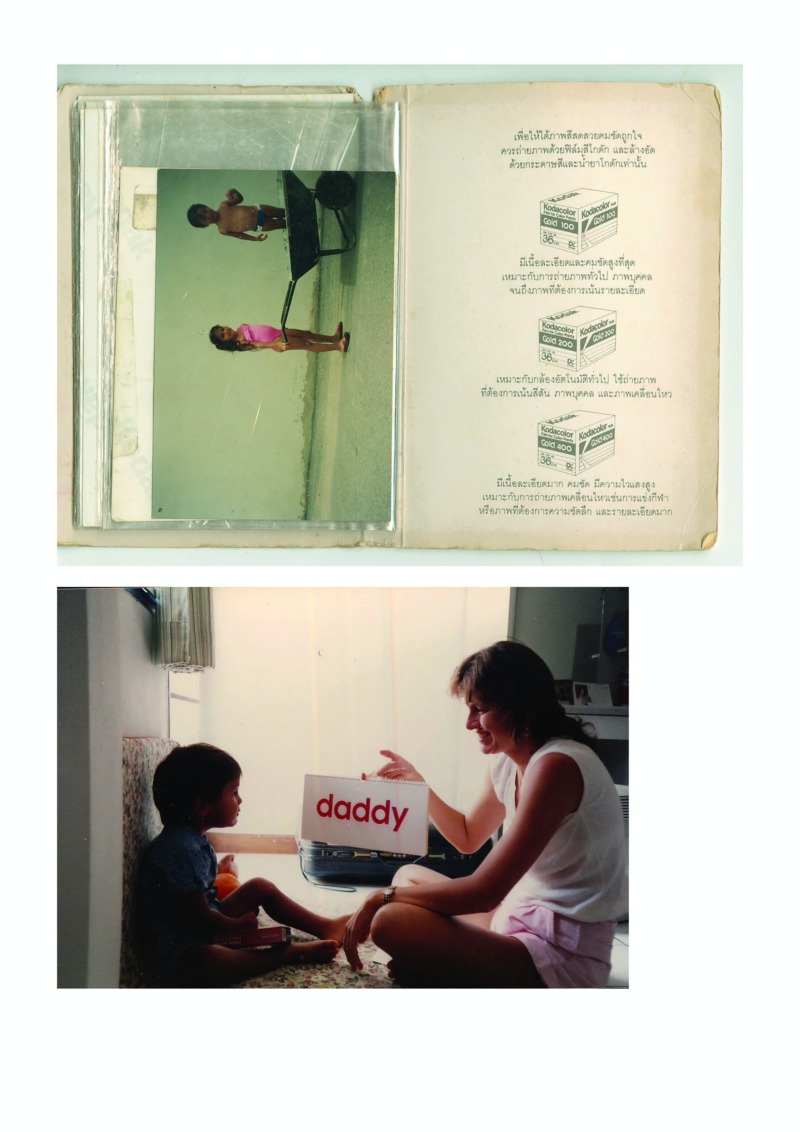
What artist, project, book would you recommend we see/follow?
Tell us about your process when starting a new project
I start with a very research period—months, years, and it becomes part of the process and part of the work.
What has been your favourite collaboration?
My most recent collaboration with curator Aaron Schuman with my project, Occult, which was part of the group exhibition In Progress at the RPS, Bristol. The work is still ongoing, but it was very helpful to have his view and opinion on how to exhibit the project in its early stage.
What is your greatest achievement?
My first short movie as a director.
What is your greatest regret?
I don’t think I have many regrets, but if I had to choose, I would say staying in Thailand during the Covid-19 lockdown.
What advice would you give to your younger self?
I would tell her to believe in herself and that she is enough.
What is your latest project about?
The Y, an ongoing research into my biological father. I have very few clues about my father’s identity—his name (Massad), his Arabic nationality, and his work at Emirates Airlines. I was raised in Bangkok and I discovered at 25 years of age that I don’t have the same Thai blood as my brother. I use the medium of photography as a tool of investigation, writing self-analytic notes to research the father that I never met. The missing Y. I interpret photography as a way to find out my own truth by documenting with scientific rigour the process of his research with a specific photographic language. I used a physiognomy-based method after I studied my family album to identify the features that do not belong to my maternal genetic code, leading, by process of elimination, to traces of my father. I did a DNA test of my ancestral origins and collected official documents from which I detected someone who could be my father in the United States.
I also turned the camera on myself to reconstruct, from the features of my face, a 3D avatar of my father. Now I can imagine him, and try to research him online using social media. The photographic medium is an analytical tool and an artistic language with which I try to overcome the lacuna of the Y and accepts the absence.
What are you researching at the moment?
I am working on an ongoing project called Occult that tells the story of The Children of God, originally a hippy cult from the California of the late 1960s, which has now spread across the world. The cult believes in ‘free love’ but this includes instances of the sexual abuse of children, incest, and prostitution. My grandmother and mother were both members and I was born into the cult. My research has taken place in London but I travel to shoot images in India, Thailand, and Nepal. The work draws on my family archive, propagandist comics, texts and videos, and archive images of other members of the sect taken from the internet. I assembled fragments of text and images, clues to a larger narrative. I investigate the cult’s propaganda machine, contrasting the public image of belonging, joy and faith with the story of my family’s experiences. I tried to draw attention to the fate of other women and children outside my own family. I always try to reflect on the capacity of photographs to tell lies but how they can also be made to reveal the truth. The combination of text and image is central to the work.
What can you not work without?
Internet and books.
What challenges have you faced working in your industry?
The biggest challenge that women still have in this industry and many other industries is to be taken seriously and not being patronised in the process.
What are you hoping for in 2021?
To live with less uncertainty, have more stability.
Share a song with us, what are you listening to at the moment?
Lullaby by Low.
